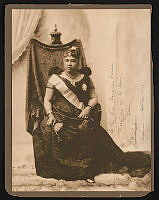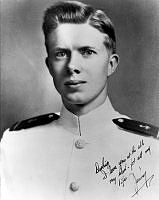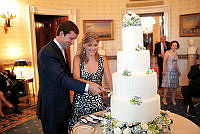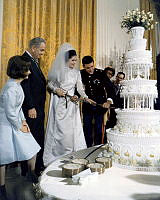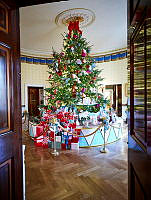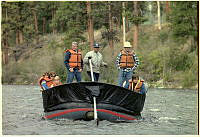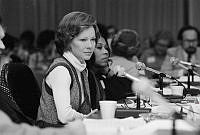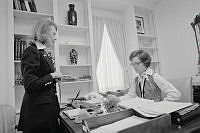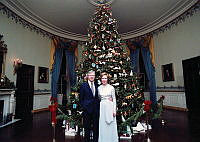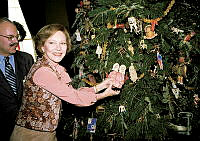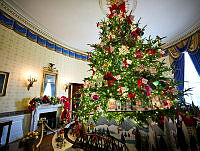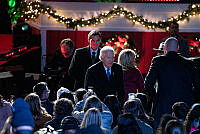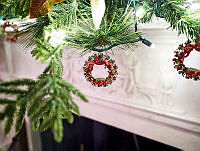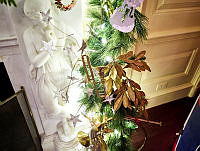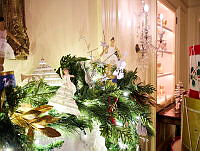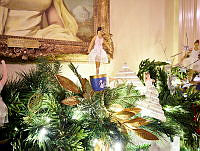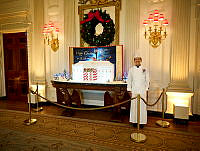Abigail Powers Fillmore

Abigail Powers was born in Saratoga County, New York, on March 13, 1798, while it was still a frontier out-post. Her father, a locally prominent Baptist preacher named Lemuel Powers, died shortly thereafter. Courageously, her mother, Abigail, moved on westward, thinking her scanty funds would go further in a less settled region, and ably educated her small son and daughter beyond the usual frontier level with the help of her husband’s library.
Shared eagerness for schooling formed a bond when Abigail Powers met Millard Fillmore, while she was his teacher at a recently opened academy in the village of New Hope, New York. Although she soon became young Fillmore’s inspiration, his struggle to make his way as a lawyer was so long and ill paid that they were not married until February 5, 1826. She resumed teaching school after the marriage, becoming the first president’s wife to work outside the home following her marriage.
Attaining property at last, Fillmore bought his family a six-room house in Buffalo. Abigail gave birth to two children; a boy and a girl. Enjoying comparative luxury, Abigail learned the ways of society as the wife of a congressman. She cultivated a noted flower garden; but much of her time, as always, she spent in reading. In 1847, Fillmore was elected state comptroller; with the children away in boarding school and college, the parents moved temporarily to Albany.
In 1849, Abigail Fillmore came to Washington as wife of the vice president; 16 months later, after Zachary Taylor’s death at a height of sectional crisis, the Fillmores moved into the White House.
Even after the period of official mourning the social life of the Fillmore administration remained subdued. The first lady presided with grace at state dinners and receptions; but a permanently injured ankle made her Friday evening levees an ordeal—two hours of standing at her husband’s side to greet the public. In any case, she preferred reading or music in private. Pleading her delicate health, she entrusted many routine social duties to her daughter, “Abby.” With a special appropriation from Congress, she spent contented hours selecting books for a White House library and arranging them in the Oval Room upstairs, where Abby had her piano, harp, and guitar.
Despite chronic poor health, Mrs. Fillmore stayed near her husband through the outdoor ceremonies of President Pierce’s inauguration while a raw northeast wind whipped snow over the crowd. Returning chilled to the Willard Hotel, she developed pneumonia; she died there on March 30, 1853. The House of Representatives and the Senate adjourned, and public offices closed in respect, as her family took her body home to Buffalo for burial.













